Over-Relying on Experience
Case History of Five Reasons Why We Fail to Solve Problems and What We Can Do About It! — Over-Relying on Experience
Part 2 of a 5-Part Series
The following are five reasons why we fail in problem solving
- Making assumptions
- Over-relying on experience
- Relying on “experts”
- Coming to the problem with preconceived ideas
- Depending too much on memories
In this blog I will tackle “over-relying on experience” and will go into more detail on the other four reasons in other blogs.
Experience Can Stop You Dead in Your Tracks with Problem Solving
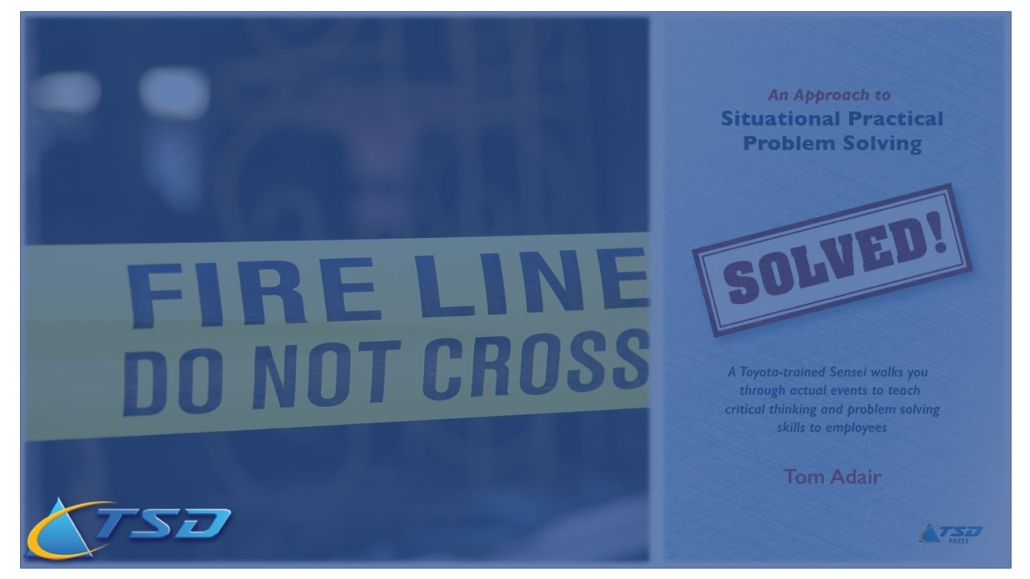
Experience isn’t always the best teacher! Contrary to the popular saying, experience can interfere with your ability to solve a problem, particularly if you over-rely on it. Some of the problems it may bring:
- Clouds Reasoning – past experiences can interfere with impartial reasoning when considering the facts of the situation.
- Promotes Shortcuts – experience can too quickly lead you to the easy way without researching a problem thoroughly.
- Interferes with Further Consideration – something has changed and experience may preclude you from considering the new elements affecting the problem.
- Closes Minds – experience can jump you to the wrong conclusion, and a premature answer.
- Differing Experiences – everyone’s experiences are different, so each person’s conclusions in response to the problem may be equally different.
- Default Evaluation – experience can lead you to one way of doing something, without further evaluation.
I can’t tell you how many times I’ve worked with teams solving problems and heard someone say, “based on my experience I think the problem is…or the cause is…” When you hear that run! You are already headed down the wrong path. Hearing these words for me is like hearing someone run their fingernails down a chalkboard.
I confess to teaching these same words in problem solving class when I first started working at Toyota. We would say, “Look at all of the potential causes and pick the most likely cause based on your experience.” No wonder Toyota was struggling with problem solving in the early days, prompting them to move to a different method called “Practical Problem Solving.” Toyota has come a long way.
Fire Department Example of Over-Relying on Experience
Before joining Toyota, I was a fire inspector for a large municipal fire department. I had three years’ experience as a fire fighter and five as a fire inspector. I was on the job as an inspector for only three months when I was called to a fire scene supposedly caused by an arsonist. Normally this wouldn’t have concerned me, but I was by myself, without a veteran fire inspector to accompany me.
When I arrived at the scene, I had to assess the situation fast because there were five fire trucks standing by until I released them. I conducted a quick assessment and assumed indeed that this was a simple case of arson, and released the equipment to return to their stations. I found three small remote fires in the middle of the floor in three rooms causing very little damage. The fire-damaged wood smelled of gasoline. My past experiences influenced the content of my report, which concluded arson; the police arrested a known arsonist who was seen in the area that day.
The next day I reported for work and was interviewed by my supervisor the Chief Fire Marshal. I was proud of my investigation and bragged that, “I bagged an arsonist!” Only one out of a hundred set fires results in an arrest and I had done it with only three months experience! I was feeling good convinced the case was airtight. I didn’t see it coming when the fire marshal started interrogating me about my investigation.
First, he asked me if it rained the day of the fire. When I said no, he told me to get an official government-issued weather report confirming that fact. I asked him why and he said, “We have to prove lightning didn’t hit the house.” I was somewhat perplexed and he asked me if the electricity was on in the house. I told him the house was abandoned. He asked if the electric utility company could verify that with a report. I hadn’t checked the main disconnect to the house. I would have to go to the electric company and get an inspector to go to the house, confirm my assumption and issue me a report.
The questioning continued. “How did I know the fire was caused by gasoline poured on the floor in three areas of the house?” I told him I smelled it, took samples of the charred wood and was sending them to the state crime lab for analysis. “Do you have the container the gasoline was poured from?” I replied I didn’t look for one. He told me to return to the scene and look for it. Next he asked me if I checked to see if the natural gas was cut off. I told him it wasn’t on. He asked, “How do you know?” I had to go to the gas utility company to get an inspector to check the meter and issue a report.
This line of questioning went on for over thirty minutes. I was embarrassed to say the least, I felt like someone gave me a public spanking. I had not done a good job in the investigation. The fire marshal summed this all up, “Tom, we can’t send a man to prison for arson unless we have an air tight case. We have to rely on factual evidence and not your experience. Your experience helps you conduct a better investigation but you can’t over-rely on it. We have to make certain this investigation proves that all those things that could have caused the fire didn’t cause the fire. In other words, when I asked you for a weather report, it was because we have to be able to say lightning didn’t cause the fire. We can’t rely on your past experience and take your word for it.”
I did as the fire marshal suggested, returned to the scene and collected the required data. Later the jury, based upon the case we built, convicted the person charged with the crime of arson.
Lessons Learned and Call to Action
- I took a shortcut by using my experience. Don’t ever do that; take the time to do a thorough investigation.
- I didn’t consider all the potential causes of the fire. I immediately locked on to one potential cause – arson. I assumed it was arson.
- I was close-minded. I didn’t ask the firefighters on the scene what they thought because I was a trained firefighter and fire inspector. Always keep an open mind that other people may have additional information or know more than you.
- I made many assumptions. I should have checked any and all factors that could have caused a fire and I didn’t. Ask yourself “what questions am I not asking?”
Summary
You must separate your experience from problem solving. Conduct problem solving first and once you master it you can then rely on your experience to enhance your problem solving activities. Over reliance on experience can lead you to solve the wrong problem, root cause, or countermeasure. Experience is valuable but don’t rely solely on that to solve your problem.

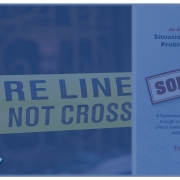
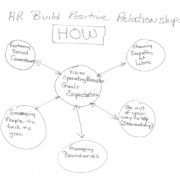 2019, Total Systems Development
2019, Total Systems Development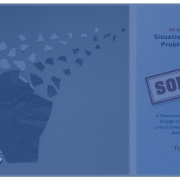


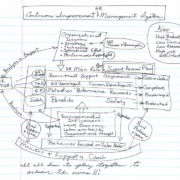 2019 Total Systems Development
2019 Total Systems Development

